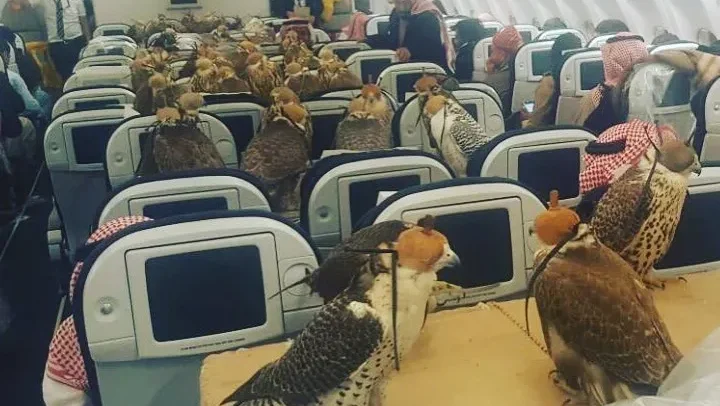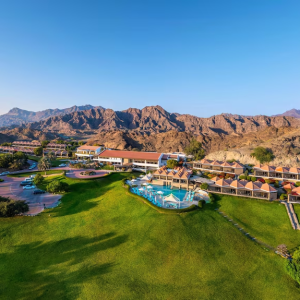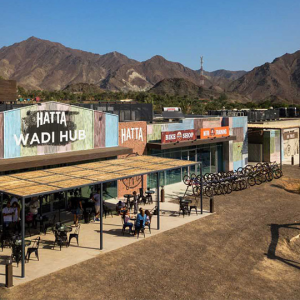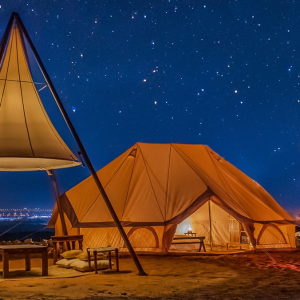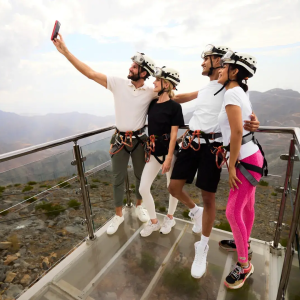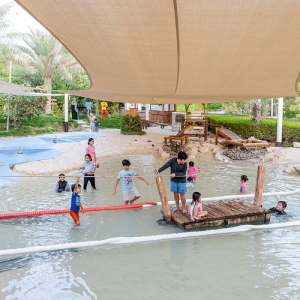Falconry is one of the oldest traditions in the United Arab Emirates. In the past, Bedouins trained falcons to help them hunt in the desert. Today, it is a proud cultural heritage that reflects strength, patience, and the connection between humans and nature.
The falcon is not just a bird here. It is a symbol of honor and pride. In fact, falconry is so respected that it has been officially recognized as a key part of Emirati culture. From city streets to royal palaces, falcons are treated with great care, love, and even luxury.
Yes, These Falcons Have Passports
In the UAE, falcons don’t just live in cages. They travel. And not just locally—they fly internationally. That’s why they are given their own official passports.

Since the early 2000s, the UAE has been issuing passports for falcons. These documents help identify each bird by recording details such as the falcon’s breed, sex, and origin. These passports are valid for several years and are needed when falcons travel abroad.
This step helps stop illegal falcon trading and supports animal welfare. It also shows how important falcons are to the country. For falconers, it’s normal to carry their bird’s passport along with their own.

Flying in Style: Falcons on Plane Seats
Believe it or not, many falcons travel in airplane cabins—not in the cargo hold. Some airlines in the Gulf region allow falcons to sit next to their owners on special seats, usually in economy or business class.
These birds often wear a small leather hood to keep them calm and avoid distractions. Trained to stay still and quiet, the falcons usually travel peacefully on the arm of their owner or on a small perch attached to a seat.
Airline staff are used to it. In fact, it’s quite common to see several falcons on the same flight. Sometimes, entire rows are booked just for them. Yes, falcons flying with a ticket is a real thing in the UAE.
A Viral Video that Shocked the Internet
Recently, a video went viral showing a man in traditional dress walking through an airport with a falcon calmly perched on his gloved hand. As he approached the boarding gate, he casually showed the bird’s passport to officials. The falcon was about to board a plane—just like any other traveler.
People around the world were amazed, and the video was widely shared. But in the UAE, this is nothing unusual. Many locals found it funny that the rest of the world was so surprised. To them, this is part of everyday life.
Why Do Falcons Travel So Much?
You may wonder why a bird needs to travel in the first place. The answer is simple—competitions and hunting.
Falconry competitions are held across the Middle East and even in other parts of the world. These events test the bird’s speed, focus, and obedience. Winning a competition can bring a lot of respect and even big prizes for the owner.
Besides that, falconers sometimes travel with their birds for hunting trips. Countries like Morocco, Pakistan, and Kazakhstan are popular for seasonal falcon hunting. These trips are both for sport and to keep the birds trained and active.
Luxury Lives of the Birds of Prey
Some falcons in the UAE live better than most humans. They are taken care of by professionals, fed special diets, and regularly checked by vets.
There are even falcon hospitals in the UAE where birds receive top-class medical care. Whether it’s a broken wing or a simple health check, falcons get expert treatment.
Their gear is custom-made—from leather hoods to GPS trackers—ensuring their comfort and safety. Some falcons are even insured for large sums because they are so valuable.
In extreme cases, owners have gone as far as booking several plane seats to transport their falcons in complete comfort. These birds are seen as champions and are treated with a royal touch.
The Bond Between Falcon and Falconer
More than the money and the travel, the real story is the emotional bond between falcons and their owners. These birds are trained for years and often become part of the family. Owners develop a strong connection with them through daily care, feeding, and flying sessions.
Many falconers speak about their birds the way one would speak about a close friend. They understand the falcon’s mood, its signals, and even its hunger patterns. This connection is built on trust, silence, and mutual respect.
Training the Next Generation
Falconry in the UAE isn’t just for the old generation. Many young Emiratis are learning the art of falconry from their parents and grandparents.
There are falconry schools and clubs where children are taught how to handle and care for falcons responsibly. Competitions for kids are also growing in popularity.
This effort ensures that the culture is passed down to the future, keeping falconry alive in both rural and urban parts of the country.
Combining Heritage and Modern Technology
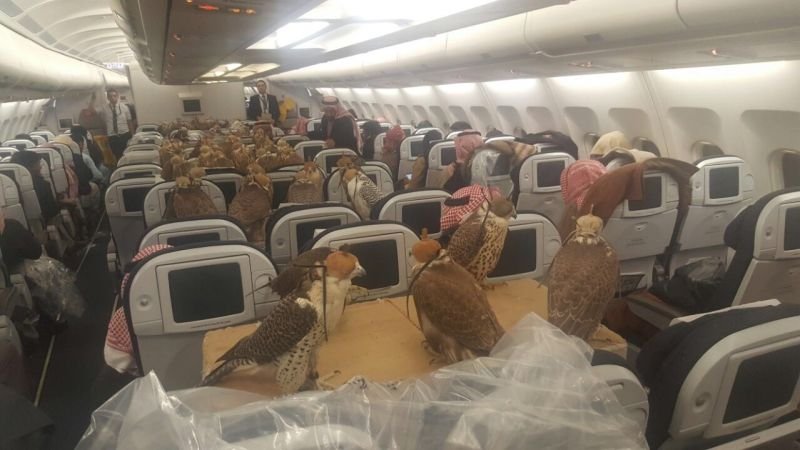
What makes the UAE’s falconry culture even more interesting is how it combines old traditions with modern tools. GPS devices help falconers track their birds during long flights. Special apps record performance data, and digital passports are also being explored.
Even the falcons’ diets are scientifically designed for better health and performance. Falconers now work closely with veterinarians and animal nutrition experts.
This shows how the UAE respects tradition while also using modern innovation to support it.
Conclusion: A Symbol of Culture in a Changing World
Falcons in the UAE are not just birds—they are national treasures. With their own passports, first-class seats, and loyal owners, these birds reflect a country proud of its past and confident in its future.
The practice of falcons traveling internationally shows the UAE’s deep respect for tradition while embracing modern-day systems to protect and celebrate its culture. Whether sitting calmly in an airport lounge or flying across the sky in a competition, the falcon remains a powerful symbol of identity, elegance, and heritage in the Emirates.
Read More: UAE SME Confidence Drops Slightly but Businesses Remain Resilient in 2024

